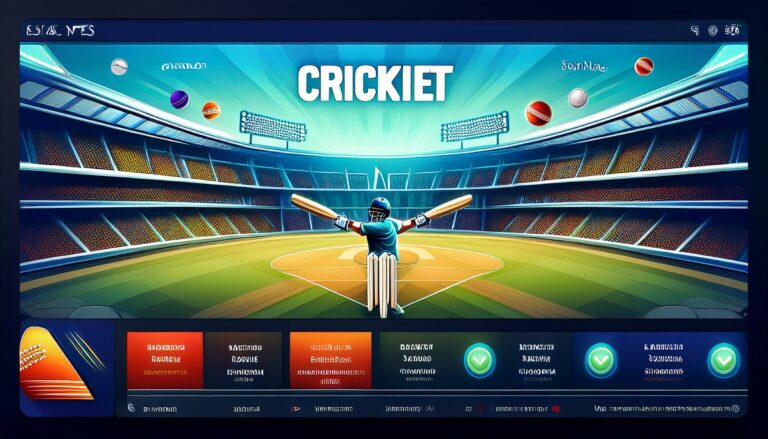IPL Matches and the Art of Negotiating Player Contracts
Laser247.com Whatsapp Number, Gold365 Login: IPL matches hold tremendous significance not only for the players and teams involved but also for cricket fans worldwide. The intense rivalry between the franchises, the presence of top international and domestic players, and the electrifying atmosphere in the stadiums make these matches a thrilling spectacle. The competition is fierce, and every match is a chance for players to showcase their skills and make a mark in the cricketing world.
Moreover, the commercial aspects of the IPL matches cannot be overlooked. Sponsorship deals, television rights, and advertising revenue contribute significantly to the financial health of the tournament and the growth of cricket as a sport. The economic impact of these matches extends beyond the field, creating opportunities for businesses and industries to leverage the popularity of the tournament for their own growth and expansion. In essence, the significance of IPL matches is multi-faceted, blending the thrill of sporting competition with the commercial interests of various stakeholders.
Understanding Player Contracts in the IPL
Player contracts in the Indian Premier League (IPL) are crucial agreements that outline the terms of a player’s participation in the league. These contracts encompass various details such as the player’s salary, contract length, rights, and responsibilities during their tenure with a franchise. Negotiations for these contracts can be complex, as both parties strive to reach a mutually beneficial agreement that aligns with the player’s value and the team’s requirements.
Furthermore, IPL player contracts often include clauses related to player availability, injury compensation, performance bonuses, and even endorsements. Franchises meticulously draft these agreements to safeguard their interests while providing players with fair compensation and incentives to excel on the field. Understanding the intricacies of these player contracts is vital for both players and franchises to ensure a harmonious and successful partnership throughout the IPL seasons.
Key Factors in Negotiating Player Contracts
Negotiating player contracts in the Indian Premier League (IPL) involves various key factors that both players and franchises need to carefully consider. One vital aspect is the player’s performance history and current form. Franchises are inclined to offer higher contracts to players with a proven track record of success in the IPL or other cricket leagues, as well as those who are currently performing well.
Another crucial factor in negotiating player contracts is the player’s availability for the IPL season. International commitments, injuries, or personal reasons can affect a player’s availability for the tournament, which in turn influences the value of their contract. Franchises are more likely to invest higher amounts in players who are available for the entire IPL season, as their consistent presence can significantly impact the team’s performance and fan engagement.
• Player’s performance history and current form
• Availability for the IPL season
• Impact on team’s performance and fan engagement
What is the significance of IPL matches in negotiating player contracts?
IPL matches serve as a platform for players to showcase their skills and performance, which can directly impact their value during contract negotiations.
How can one understand player contracts in the IPL?
Player contracts in the IPL involve various clauses related to salary, bonuses, endorsements, and other terms that outline the player’s responsibilities and rights during their association with a particular team.
What are the key factors to consider when negotiating player contracts?
Some key factors to consider when negotiating player contracts include the player’s performance, market value, injury history, availability for matches, endorsements, and the team’s budget. These factors play a significant role in determining the terms of the contract.







